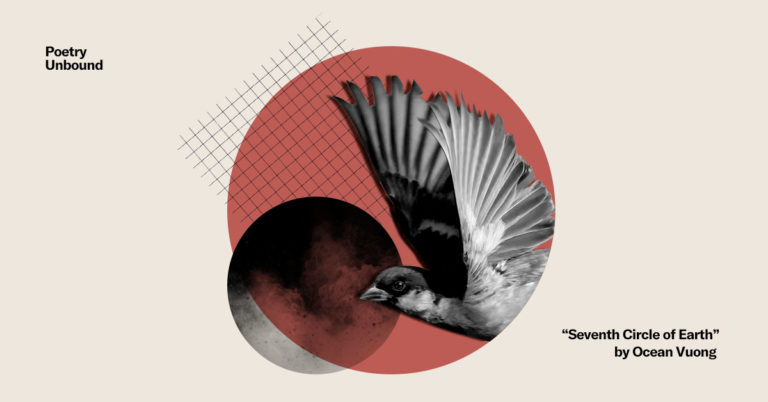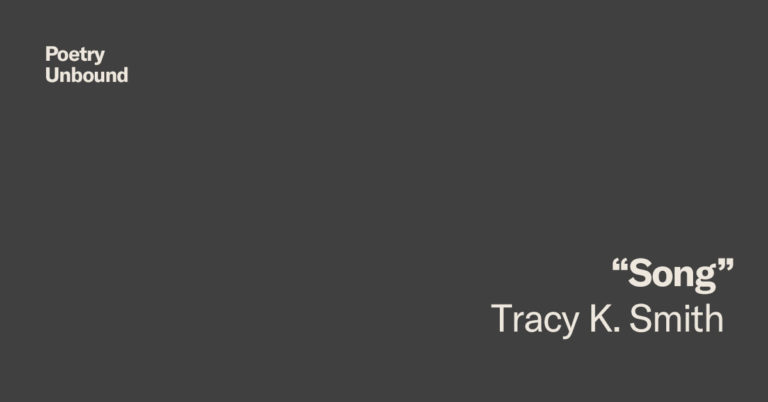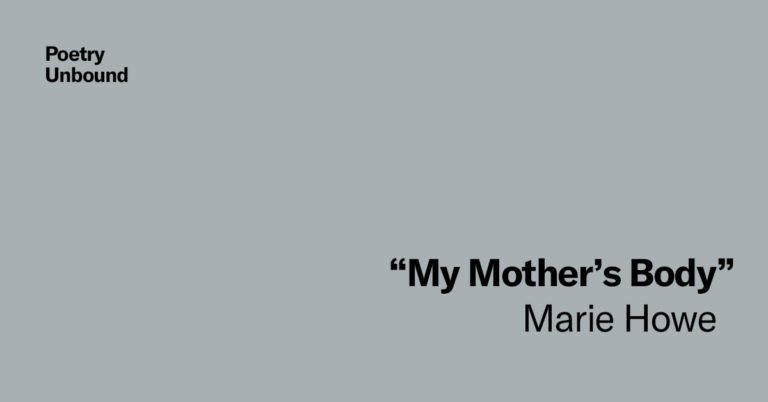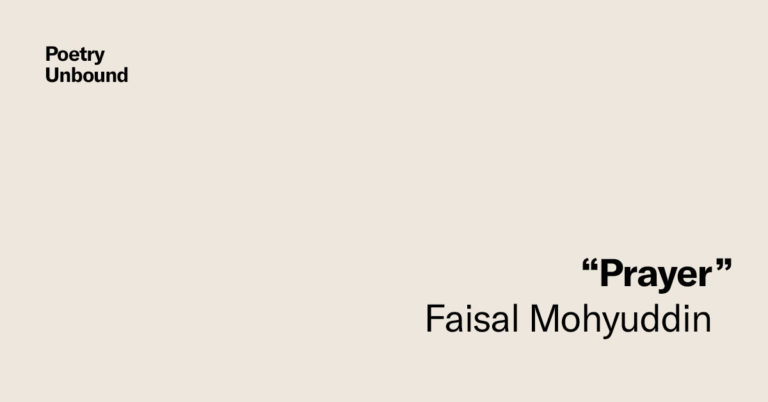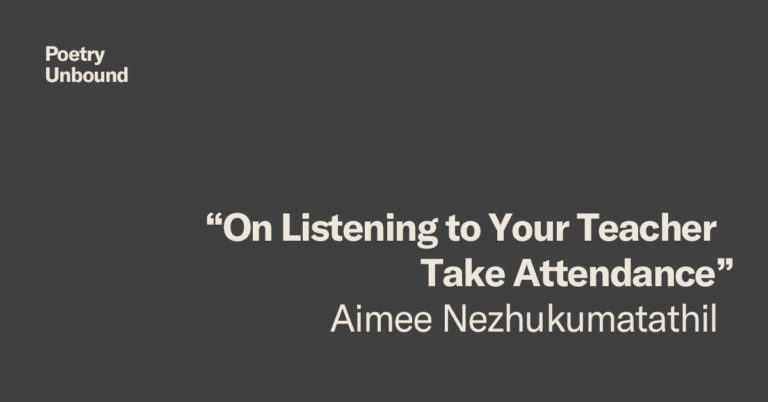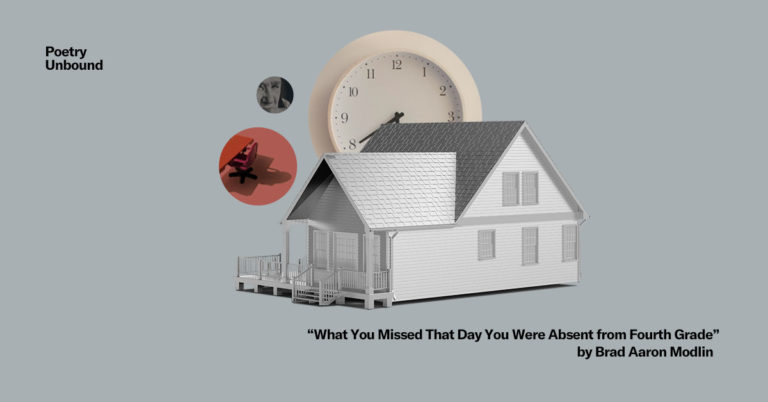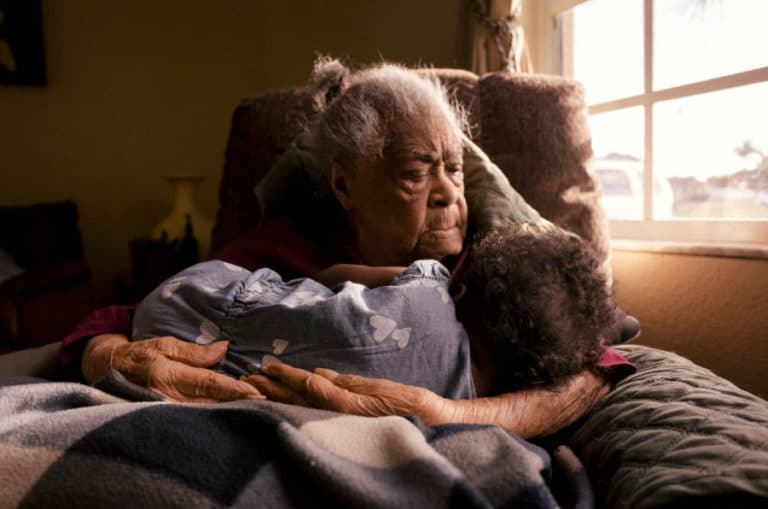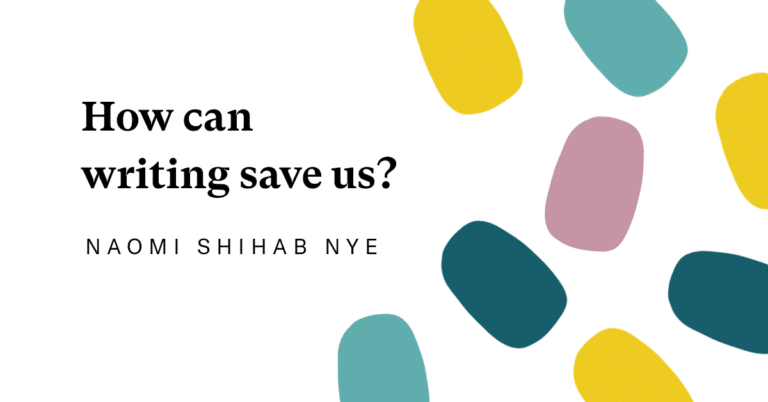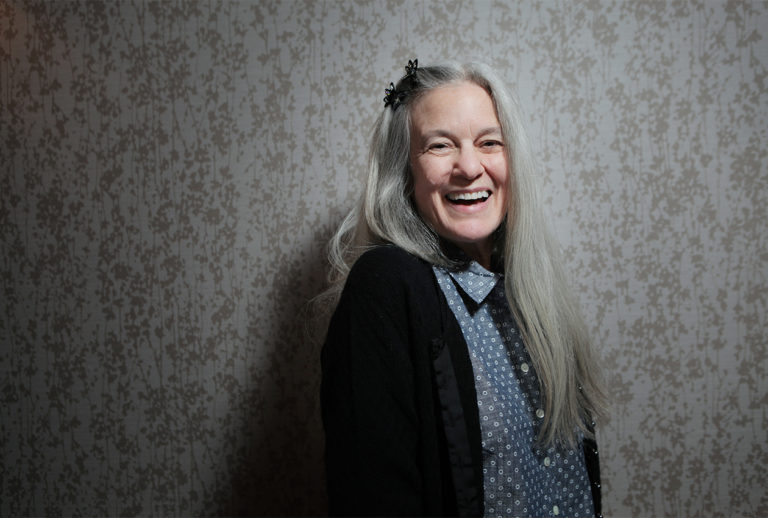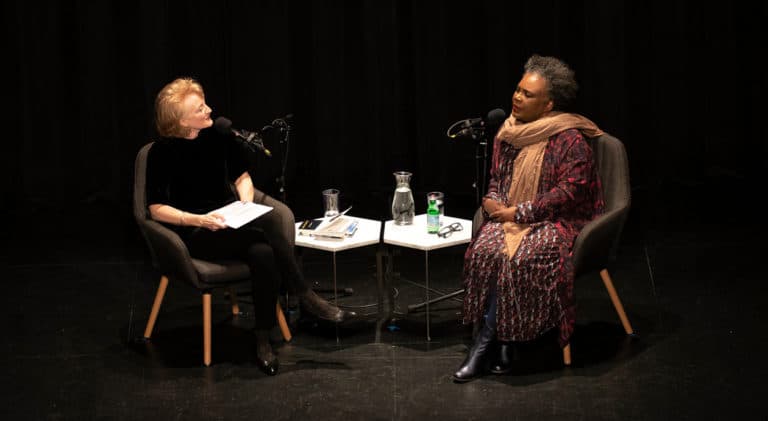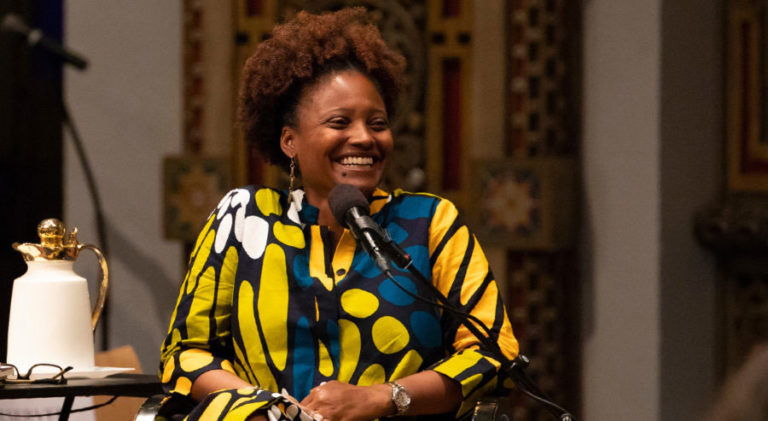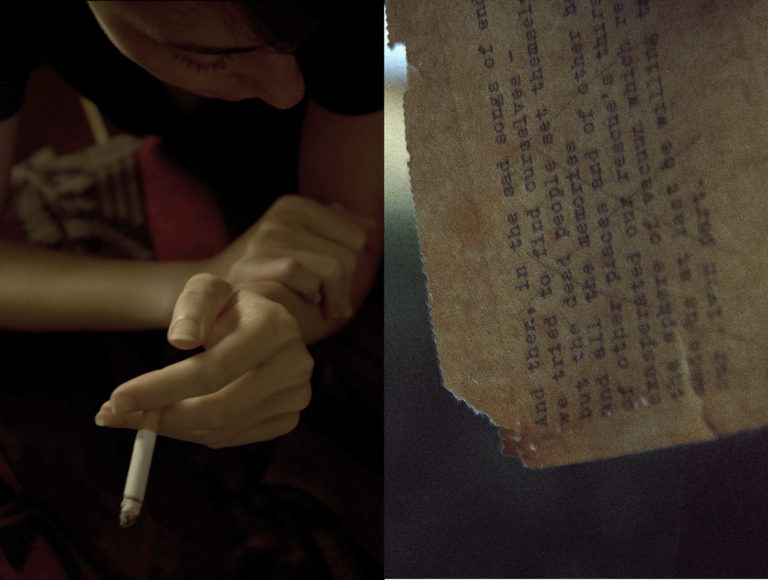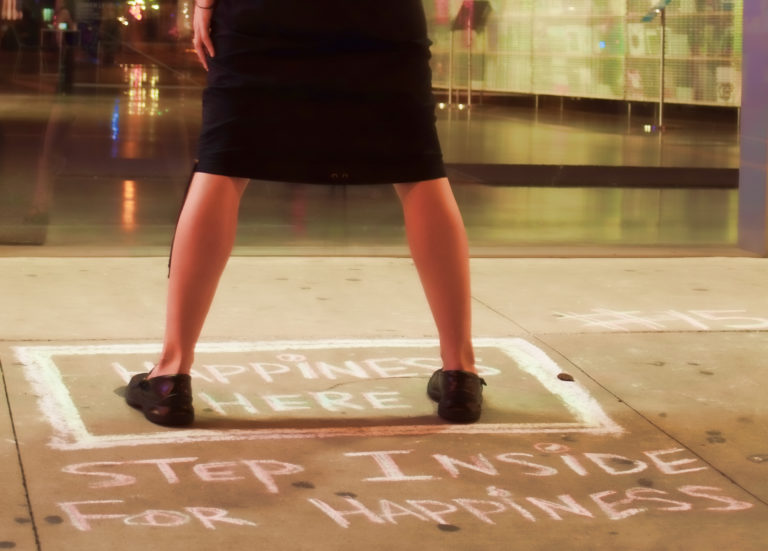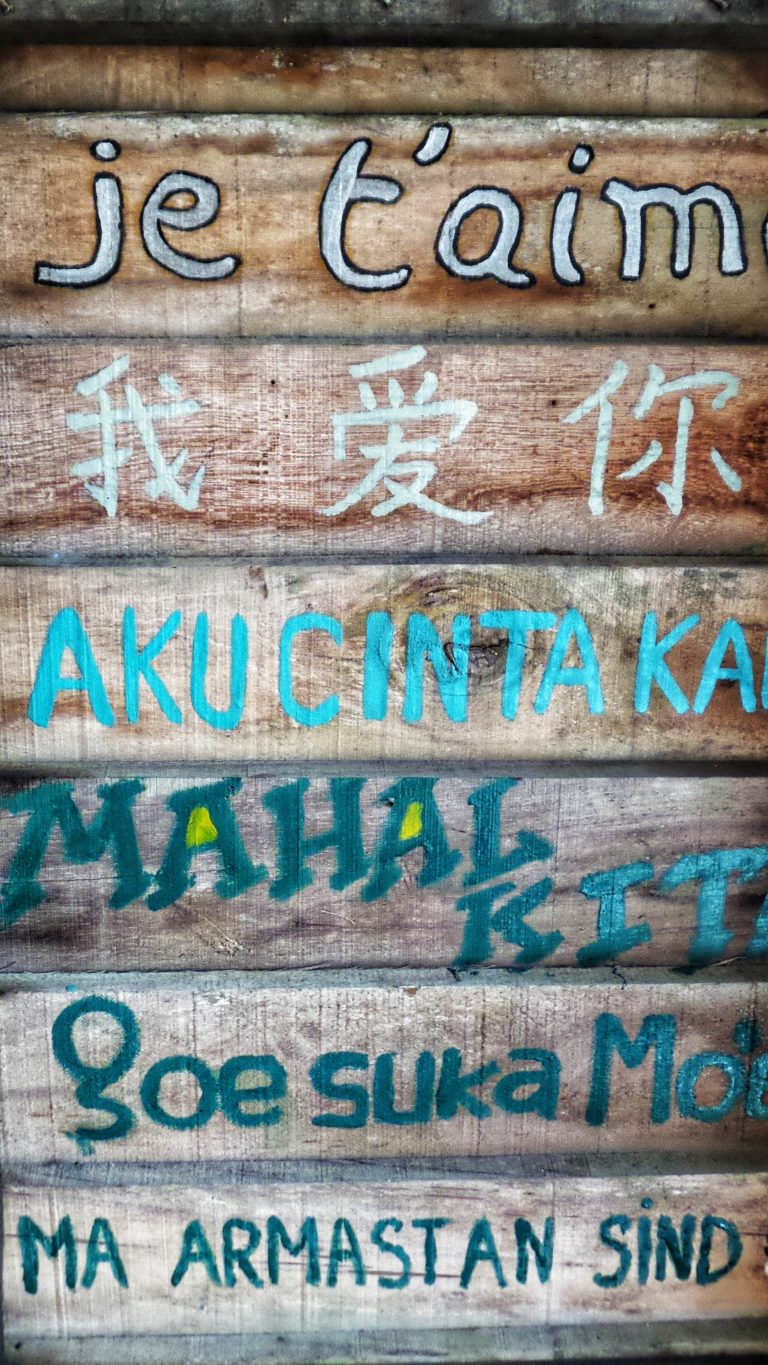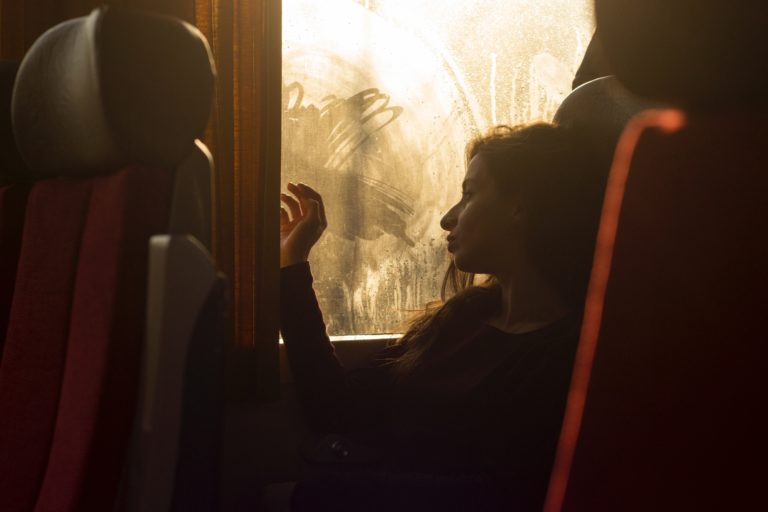Ocean Vuong’s poem “Seventh Circle of Earth” is an homage to the love and intimacy shared by Michael Humphrey and Clayton Capshaw, a gay couple who were murdered in their home in Dallas, Texas. In the midst of recognizing the violence and threat LGBTQI communities face, the poem holds space for tenderness — and honors their love.
A question to reflect on after you listen: What examples have you seen of love and power enacted, even in the face of threat?
